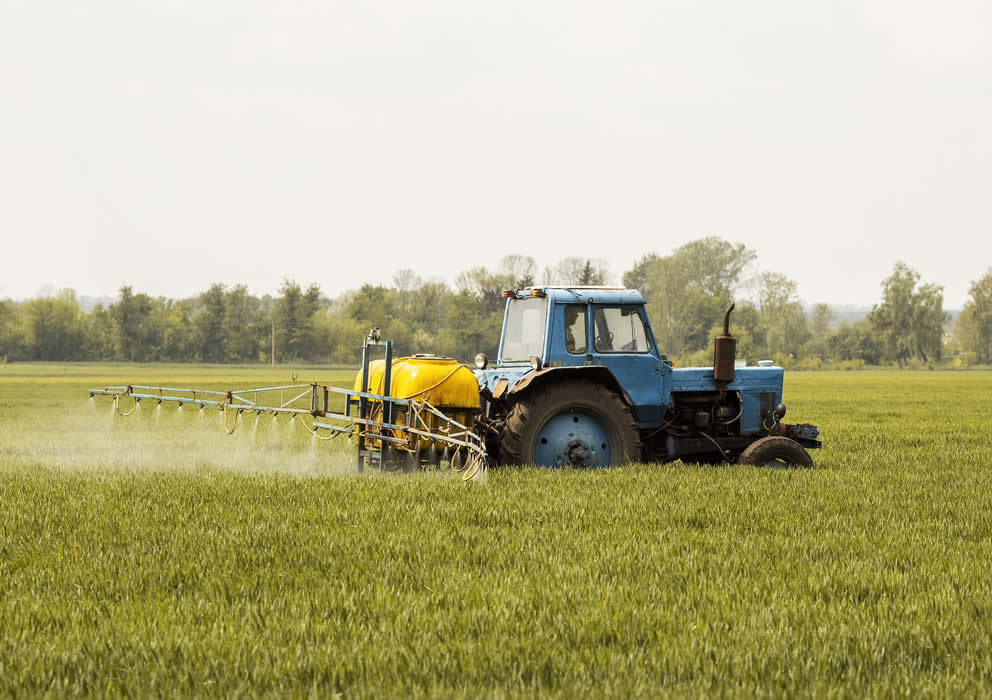By kemett September 17, 2020
Silent Destroyers of Crop Productivity
Fungal diseases represent one of the most serious and persistent threats to modern agriculture. Across Egypt and the world, farmers face the devastating impact of plant fungi that can wipe out entire fields, reduce yields, and threaten food security. These pathogens thrive in humid climates, poor soil management, and weak crop protection programs — conditions that make Egypt’s agricultural lands particularly vulnerable.
According to agricultural experts, fungal infections are responsible for up to 40% of global crop losses annually, making them not only a biological challenge but also an economic crisis for growers and food industries alike.
Common Types of Fungal Diseases in Egyptian Agriculture
Egypt’s warm and irrigated regions create ideal conditions for several fungal diseases that attack major crops such as wheat, tomatoes, potatoes, citrus, and grapes.
Some of the most prevalent include:
-
Powdery Mildew (Erysiphe spp.)
A white, powder-like fungus that affects leaves and fruits, reducing photosynthesis and fruit quality. -
Downy Mildew (Peronospora spp.)
Particularly dangerous to cucurbits and onions, this disease causes yellow spots, leaf curling, and rapid defoliation. -
Early and Late Blight (Alternaria & Phytophthora spp.)
Common in tomatoes and potatoes, blight can spread explosively under humid conditions, leading to complete crop loss if untreated. -
Fusarium and Verticillium Wilts
Soil-borne fungi that clog the plant’s vascular system, causing irreversible wilting and death. They can remain dormant in soil for years. -
Gray Mold (Botrytis cinerea)
Affects strawberries, grapes, and ornamental plants, thriving in greenhouses and storage conditions.
Economic and Environmental Impact
Unchecked fungal diseases have a dual effect — they erode farmers’ income and destabilize national agricultural productivity.
-
Yield Reduction: Severe fungal attacks can destroy up to 70% of the harvest, especially for vegetables and fruit crops.
-
Increased Production Costs: Farmers spend more on fungicides, labor, and replanting, often without achieving complete control.
-
Post-Harvest Losses: Many fungi continue to damage crops during storage and transport, reducing export quality.
-
Environmental Concerns: Misuse or overuse of chemical fungicides can harm beneficial soil microorganisms and pollinators.
The long-term result is a cycle of reduced soil health, higher costs, and declining profits — especially for smallholder farmers.
The Science Behind Fungal Infection
Fungi reproduce through microscopic spores that spread by wind, water, insects, and even contaminated tools. Once they land on plant surfaces, they germinate under moisture and warmth, invading tissues through stomata or wounds.
Inside the plant, they:
-
Block nutrient and water flow.
-
Produce toxins that weaken cells.
-
Interfere with photosynthesis and respiration.
Because fungal spores can survive for long periods in soil and plant debris, prevention and early control are more effective than late chemical treatments.
Kemet’s Role in Combating Agricultural Fungi
As a leader in agricultural crop protection, Kemet Co. for Chemicals provides an integrated approach to fungal management that combines innovation, research, and farmer education.
1. Advanced Fungicidal Solutions
Kemet offers a wide portfolio of systemic and contact fungicides designed to protect plants both internally and externally. These formulations deliver:
-
Fast action and long residual effects
-
Resistance management through active ingredient rotation
-
Compatibility with other crop protection products
2. Field Monitoring and IPM Programs
The company promotes Integrated Pest Management (IPM) strategies — including proper crop rotation, soil sterilization, and preventive sprays — to minimize dependency on chemicals.
3. Training and Awareness
Kemet regularly conducts field days and technical sessions across Egypt to teach farmers:
-
How to identify early fungal symptoms.
-
Correct spray intervals and dosages.
-
Safe handling practices to protect both workers and the environment.
Sustainable Protection for a Healthier Future
Fighting agricultural fungi isn’t just about saving crops — it’s about preserving Egypt’s agricultural heritage. Sustainable management ensures:
-
Cleaner harvests with minimal chemical residues.
-
Stronger plants capable of withstanding stress.
-
Higher profitability for farmers and safer food for consumers.
By combining science, responsibility, and farmer partnership, Kemet continues to lead the fight against fungal threats in Egyptian agriculture — ensuring that every seed planted grows into a safe, productive, and sustainable harvest.

